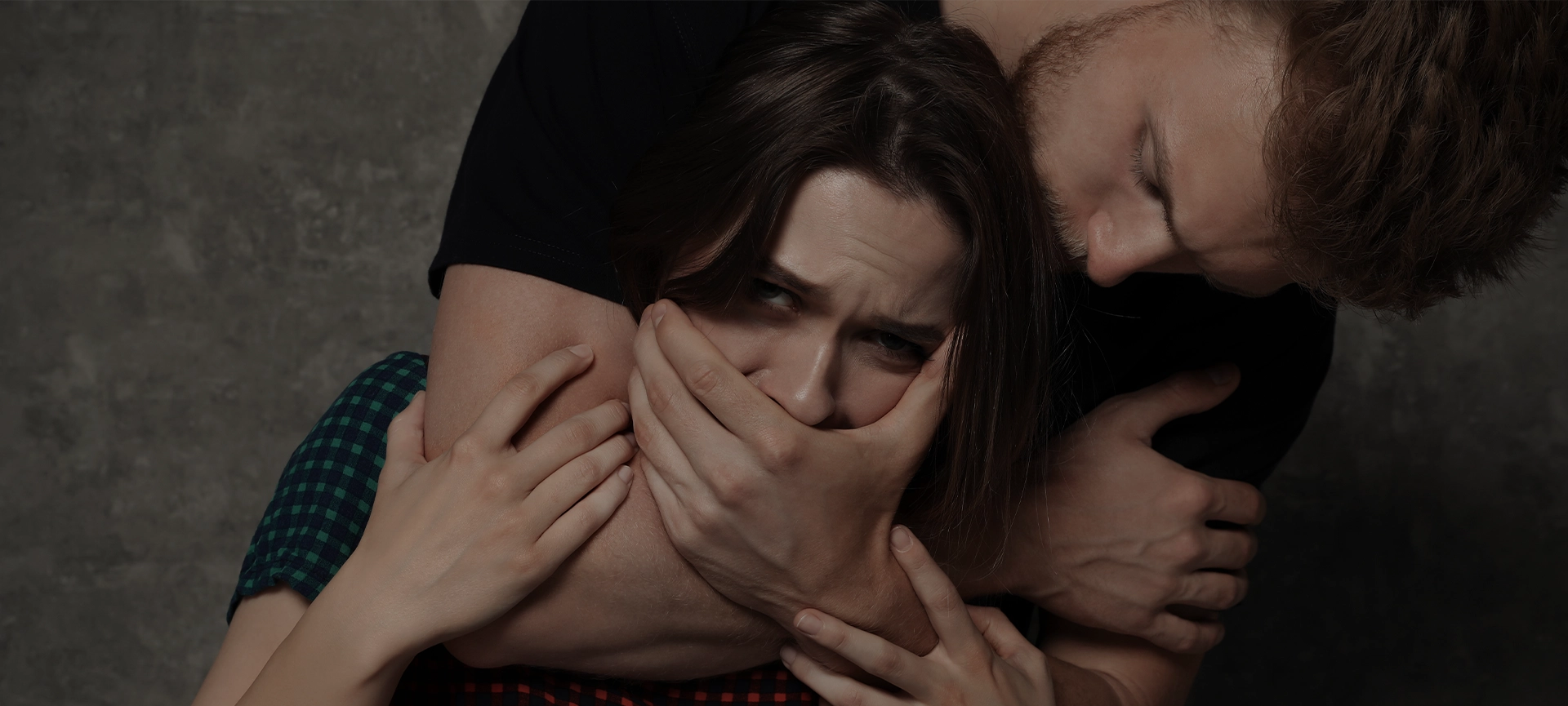The lawless takeover of Canada’s capital city and the dramatic police action required to restore peace were troubling tests of our democracy. As a defence lawyer who has been on the front lines in the fight for equality and freedom, the occupation was a deeply disturbing experience — but not for the reasons you may think.
We need to get some facts straight; The convoy was an illegal occupation, not a simple, peaceful protest.
The occupiers inflicted prolonged and unrelenting harm on an entire city. They took over public spaces, filled the air with diesel fumes, and launched a non-stop auditory assault on residents. There were instances of threats and violence. And while the protestors were soaking in hot tubs and roasting pigs in the streets, they gleefully inflicted hundreds of millions of dollars of damage on small businesses and the local economy.
We should never forget that the protest organizers, advocating for the overthrow of a democratically elected government, have a well-documented history of racist and extremist views. While not every protestor was a white supremacist, conspiracy theorist, or insurrectionist, there were plenty of those types in the crowd, wreaking havoc on our city while Ottawa police stood idle by.
Yes, there is a constitutional right to protest. But that right is not limitless. This protest was a far cry from the peaceful protest envisioned by the constitution. It was illegal, harmful, dangerous, and unrelenting.
It was frustrating to see the Ottawa police allow extremists to occupy our city as a defence lawyer. It was maddening to hear a police force, who has time and time again violated the rights of marginalized and racialized citizens and regularly lays charges for much lesser crimes, invoke respect for the Charter and civil liberties to justify inaction against a group of primarily white protestors.
It was maddening to see the municipality and the province abdicate their responsibility to restore peace. So much so that the people, abandoned by both levels of government, were forced to take matters into their own hands, bringing (and winning) an injunction before the Ontario Superior Court to make the auditory assault stop.
After almost three weeks of harm and inaction, the federal government invoked the Emergencies Act.
Resort to the Emergencies Act is an admission of failure. A failure by the police to maintain public peace, a failure by the city and province to take the threat to our democracy and safety seriously, and a failure of federal leaders to engage in an honest discussion about the fundamental inequities in our society.
Reasonable people can disagree about using emergency powers or whether the government should have invoked the Emergencies Act in the first place. And for a good reason: The Emergencies Act is the most extreme tool in the federal government’s toolbox. It should remain safely behind glass, only be used as an absolute last resort, and only for the time necessary to quell the crisis.
There are good arguments that the federal government’s use of the Emergencies Act here stretched the Act beyond its legal authority. The Canadian Civil Liberties Association even called on the government to repeal its use of this power. This type of legal debate is healthy and necessary to ensure the vibrancy of our democracy and the rule of law.
The torqued commentary from some of my colleagues, on the other hand, is not.
Many defence lawyers have minimized and dismissed the harms inflicted by the protestors and grossly inflated the consequences of the Emergencies Act.
The Ottawa protest was not a mere nuisance or a peaceful protest. Calling it such encourages lawlessness, undermines the rule of law, and provides safe harbour to anti-democratic sentiment.
And no dear colleagues, invoking the Emergencies Act has not turned Canada into a police state. We are not one step closer to a dictatorship. By comparing the Emergencies Act, which is subject to debate, approval, and oversight by Parliament, to the atrocities we see in actual dictatorships, you fan the flames of a dangerous fire.
Let’s make one thing very clear. The Emergencies Act was a time-limited response to end an almost month-long occupation that neither the city nor the province had the ability or political will to stop. What’s more, the exercise of this power was measured. Less than one week after announcing it would be invoking the Emergencies Act to restore peace in Ottawa’s downtown core, the federal government announced the end of the emergency and, with it, the end of the Emergencies Act’s use.
It is odd and perhaps telling that the same voices accusing the federal government of acting outside the rule of law were silent in the face of the provincial and municipal government’s absolute failure to use their powers to avert the crisis.
We, defence lawyers, are used to opposing the state’s power. Society counts on us to hold power to account and maintain a vigilant watch for government overreach. The simplistic rhetoric coming from some defence bar members undermines this critical role.
Lost on some of my colleagues is that unbridled “freedom” is a recipe for injustice. As Henri-Dominique Lacordaire, the French ecclesiastic journalist, theologian and political activist, said, “Between the strong and the weak, between the rich and the poor, between the lord and the slave, it is freedom which oppresses and the law which sets free.”
Sadly, it seems that many of my colleagues, perhaps blind to their privilege, prefer oppressive freedom to the rule of law.




